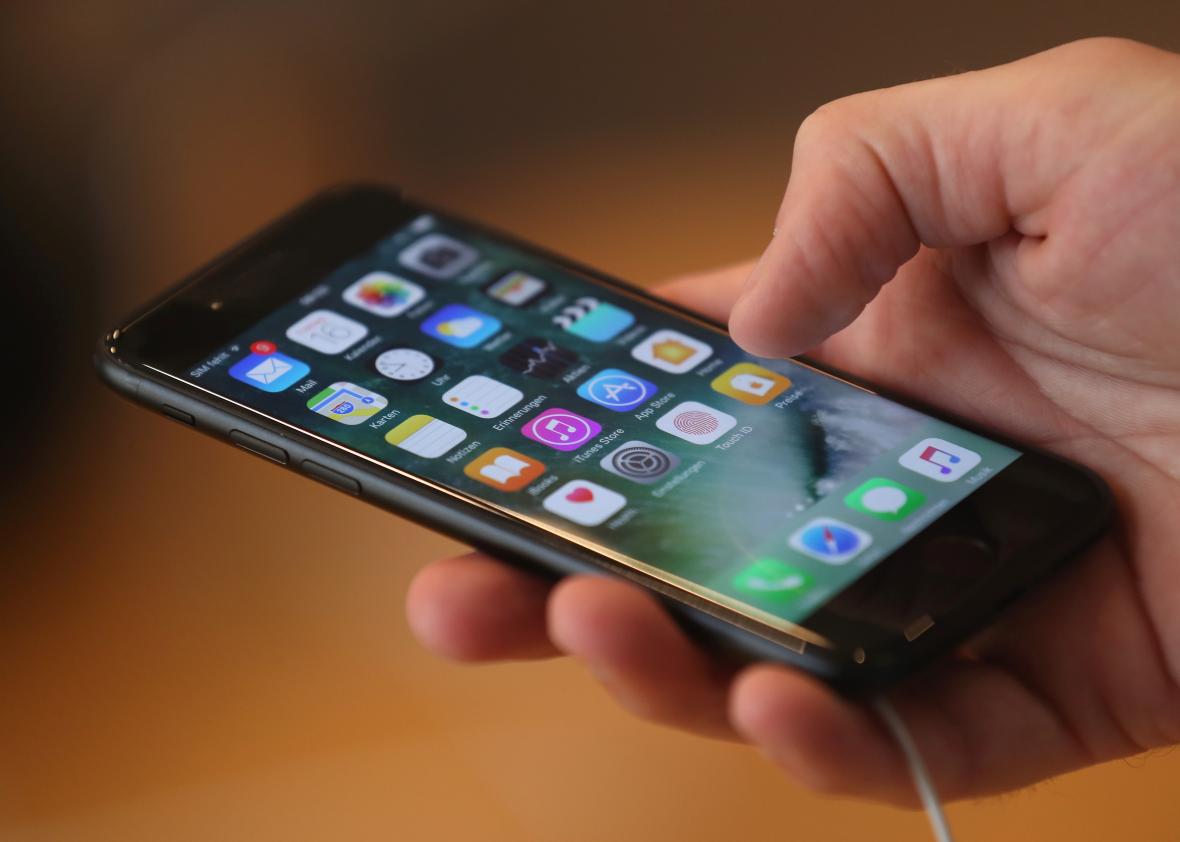Is this finally the end of that pesky IRS phone scam? On Thursday, the U.S. Department of Justice announced it had charged 61 people in both the United States and India in connection with making or profiting from fake Internal Revenue Service calls, which are believed to have cost Americans about $300 million over the past several years.
These actions were needed—but they’re not nearly enough. An even more effective thing for the feds to do would be requiring phone companies to use existing technology to cut these robocalls off at the source. And efforts to do so are lagging.
As I wrote back in May, voice-over-internet technology revolutionized the telemarketing industry, allowing legitimate and illegitimate salespeople alike to place calls for little money from call centers set up in places like India, where for the most part they were outside of the reach of U.S. authorities. From there they blast Americans with pitches. Spoofing technology fools Caller ID systems into believing the call originated in the United States. The IRS scammers, for instance, were known for using a 202 area code, so that the call appeared to come from Washington, D.C.
Indictments or no indictments, these fraudulent calls persist because many of the telecom giants refuse to put much muscle behind preventing and blocking the surge of robocalls that have inundated Americans for the better part of a decade. There are services that would stop many of these calls from ever ringing on our home and cellphones, but many companies don’t tell consumers about them, or make them easy to use.
The U.S. government isn’t exactly forcing action, either. It wasn’t until last year that the Federal Communications Commission explicitly gave the telecom giants the right to block the calls, since the companies claimed they couldn’t take action without a nod from regulators. Congress has held hearing after grandstanding hearing on the matter. Legislation introduced earlier this year by California Rep. Jackie Speier that would compel the phone companies to offer their customers complementary access to robocall-blocking technology is, no surprise, languishing.
On the other hand, if you are in the business of attempting to collect money, the government is here to help you. In last year’s budget bill, Congress included a directive that granted debt collectors seeking money owed to the feds an exemption from bans on placing robocalls to cellphones. It says everything you need to know about the lowly status of consumers that advocates for student-loan debtors—who are the people mainly impacted by this change—celebrated a victory when subsequent regulatory action by the FCC limited those calls to three a month.
So, aside from the occasional headline-grabbing indictment, the government and phone companies are expecting more than 300 million Americans, one by one, to resist the scams. High-profile education initiatives are a constant. Over the years of the IRS phone fraud, the government, consumer rights organizations, and media outlets repeatedly warned about the fake calls. To reiterate: If the Internal Revenue Service believes someone owes them money, they do not let their fingers do the walking, as an old ad for the Yellow Pages put it. They contact you by mail. They do not demand money over the telephone, threatening immediate imprisonment, lawsuits, deportation, or massive fines unless you agree to wire them funds from your bank account or fully funded store gift cards.
These alerts and financial literacy efforts clearly didn’t stick for many Americans. All too often, the fake IRS and other phone scammers target vulnerable populations, like recent immigrants and the elderly. And it’s not like the fake IRS calls are the only ones out there. On an almost daily basis, all too many of us answer a call only to hear our computer is infected with a virus and we need to pay Microsoft immediately, that we’ve won a free vacation from Marriott but there is a small fee involved, or that cardholder services is telling us our credit card bill needs urgent attention. None of these calls are legitimate.
So, yes, thanks to this month’s actions, you likely won’t pick up your phone and hear—at least for now—a claim that you owe the IRS thousands of dollars. After all, following a raid on a number of call centers in the Indian city of Mumbai earlier this month, the Better Business Bureau reported that complaints about the scammy tax calls dropped by more than 90 percent. Thursday’s action will likely shrink the complaints even more.
But don’t get too excited. It’s all but certain that until the government and telecom giants take more substantive action to prevent any robocaller from ever reaching us on the phone, new scams will sprout to take defunct ones’ places. They might even, once again, claim to represent the IRS.
